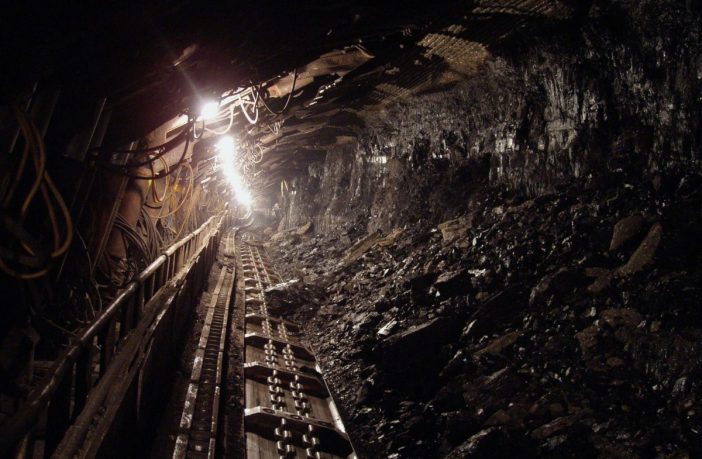- A coalition of private-sector, renewables-focused businesses has drafted guidelines for the transition from coal to clean energy in South Africa.
- The A Just Energy Transition in South Africa study published by the European RES4Africagroup, studied similar strategies in five other nations and noted the importance of South African policymakers ensuring the new jobs generated by solar projects should be located in the nation’s currently coal-dependent regions.
Noting the energy transition in the U.S. could exacerbate geographical economic disparities because of the same problem, the RES4Africa report pointed out the Mpumalanga province in the north east of South Africa hosts 80% of the nation’s coal-power plants but the vast majority of the solar projects developed and planned to date are far to the south and west, in the north, east and Western Cape areas.
The Integrated Resource Plan (IRP) drawn up by the government last year envisages 6 GW of new large scale solar generation capacity and 4 GW of solar rooftops by 2030 on top of the 814 MW of capacity already under construction. With areas of Mpumalanga such as the municipalities of Steve Tshwete and Emalahleni likely to be heavily affected by IRP plans to shutter 11 GW of coal-fired power plant capacity, it is vital policy makers incentivize renewables developers to target coal regions, stated the RES4Africa report, noting the nation has a 29% unemployment rate and a 53% youth jobless figure.
Solar potential
The report, compiled by the European private-sector body with South Africa’s state-owned Council for Scientific and Industrial Research and London-based sustainability consultant Environmental Research Management, said studies using RetScreen software had indicated Mpumalanga offered plenty of solar resource for PV project development, although it was less promising for wind farms.
RES4Africa estimated 81,454 direct jobs would be created by the solar plans envisaged under the IRP up to 2030, related to construction and operations and maintenance activity. With the national energy strategy stipulating 24% of the solar panels used must be made in South Africa, along with 36% of the inverters, a further 81,161 indirect positions could be anticipated. The RES4Africa study also mentioned 90,001 ‘induced’ roles would be created, although it was not immediately clear what sort of jobs that referred to.
Other recommendations included a legislative framework for skills development and training in the areas affected, with the Minerals Council of South Africa – which currently focuses on mining skills – ideally placed to play a leading role, along with universities and technical and vocational colleges. Any policy should have concrete, realistic targets and timescales, said the study.
A ‘Just Transition’ fund, such as the €40 billion put aside by the German government for coal-dependent communities, would also need to be established, pointed out the report, which noted the economic travails of South Africa, worsened by the Covid-19 pandemic, might mean third-parties including private sector bodies would have to step in and help foot the bill.
The report considered the lessons learned from the energy transitions under way in Germany, India, Poland, Romania and the U.S., although the tough economic picture facing South Africa was illustrated by economic metrics which saw it trail far behind the other nations by most comparisons, India excepted. For example, South Africa was ranked lowest among the six nations on the Human Development Index and its unemployment rate was considerably higher than the next worst nations studied – Poland and Romania – which had rates of 5.1%, according to RES4Africa
Author: Max Hall
This article was originally published in pv magazine and is republished with permission.















